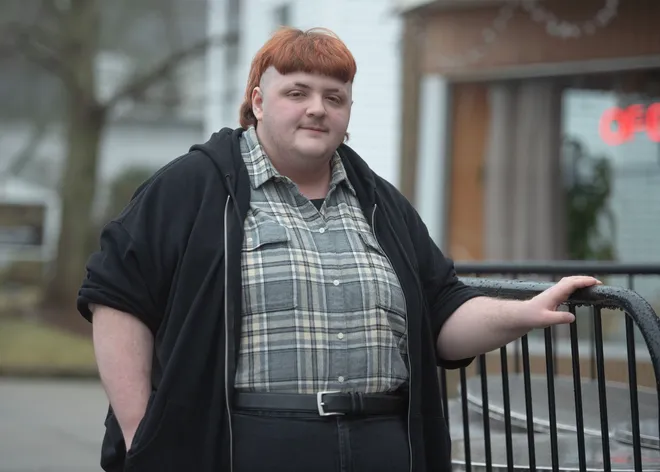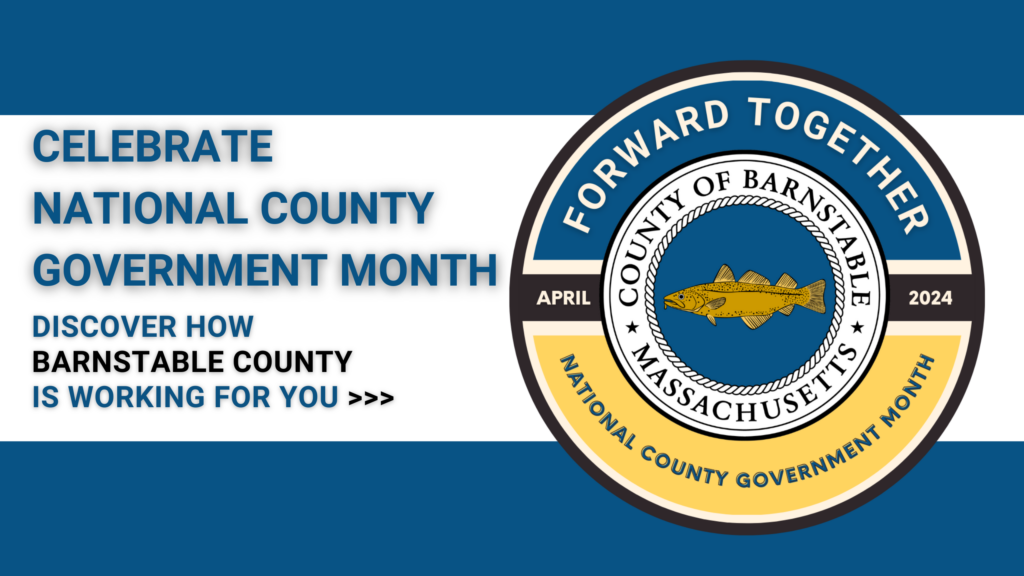
Cape Cod Times Article Highlights Plan to End Youth and Young Adult Homelessness
Article Written by Rachel Devaney, Cape Cod Times

During high school, Beans, 24, was terrified that the family members he lived with would discover he identifies as queer. As a queer person, he said, it’s difficult to find supportive and safe spaces to live.
“I had a great fear of ending up on the street,” said Beans, who currently lives in a room at a Cape-based transitional housing facility.
With the help of a guidance counselor at a school he didn’t identify, Beans briefly moved in with his mother and found stability in 2017. But he became at risk for homelessness again after his mother was diagnosed with a medical condition that made it impossible for her to work. While Beans got a job, he said he couldn’t keep up with the bills and his family was evicted in 2018.
Beans’ thinks his gender identity and mental health status affected his ability to find safe and affordable housing. Minorities from all facets of life, he said, feel pressure associated with housing insecurity.
He chooses to use one name to protect his privacy.
“Race, gender, sexuality, religion are things we can’t control — things people don’t always know how to react to,” he said. “Homelessness is an intense experience that nobody should have to face.”
In a 2018 survey across Massachusetts
According to a 2018 state community needs assessment survey, there were 1,080 unaccompanied youth experiencing homelessness in Massachusetts on a single night. These youth and young adults didn’t have a stable place to live either because their home wasn’t safe, wasn’t supportive or didn’t exist, according to the survey.
Black youth and young adults were four times more likely to experience homelessness compared to the overall population; and Latino youth and young adults are 2.5 times more likely to experience homelessness, according to the survey.
Statewide, the survey said 24% of all youth and young adults experiencing homelessness identify as LGBTQ+.
On Cape Cod
The numbers are staggering said Continuum of Care Manager Daniel Gray, who works in the Barnstable County Department of Human Services.
In February 2024, $2.4 million was awarded to Cape and Islands homelessness programs as part of its annual Continuum of Care Competition Awards.
In February 2022, a $1.4 million Youth Homelessness Demonstration Program grant was awarded to the Cape and Islands area as well.
The combination of funding, said Gray, is paving the way for change.
Barnstable County was one of only 17 communities selected to receive the youth homelessness demonstration program grant, said Gray.
While there’s “a lot of upstream work to do,” he said the coordinated care plan is intended to deliver the services and resources needed to alleviate youth and young adult housing insecurity.
What is the Hopeful Homes plan?
The Continuum of Care program through the U.S. Department of Housing and Urban Development is a major source of federal money for those experiencing homelessness in any demographic, said Gray. The state demonstration program grant, however, was instrumental in funding Hopeful Homes: Sea Change for the Cape and Islands Youth and Young Adults.
Homeless Prevention Council Youth Outreach Worker Amanda Hutchinson said Hopeful Homes was created to end homelessness for youth and young adults. The continuum of care plan, released in February, was compiled by 80 homeless prevention stakeholders from across the Cape, including a Youth Action Board comprised of young people who have experienced housing insecurity and homelessness.
Read the article in its entirety at: CapeCodTimes.com. The article goes on to discuss the contribution of the Youth Action Board, what youth and young adult homelessness and housing insecurity look like, why prevention can end youth homelessness, and more.



